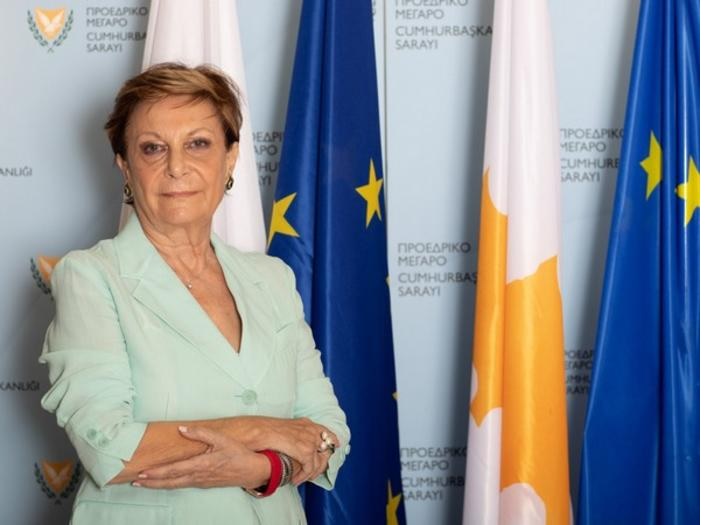Justice Minister Stephie Dracou on Wednesday denied that there is strong public criticism over her handling of the Nicosia central prisons case.
Speaking after the House legal committee, she emphasised that she is not privy to the details from the recent report handed over to the attorney general.
“It is a serious matter, and we must give it the time which is required, we’re speaking about a report of 660 pages – it needs time to be studied,” Dracou said.
Dracou instead argued that some media outlets are criticising her, although she added that legal experts invited by the media to comment on the matter have argued that the case has been handled correctly.
She further stated that despite constant communication and assurances from the attorney general, she is not aware of his opinion on the findings of the report.
Achilleas Emilianides had been appointed by the attorney general’s office to investigate allegations made by prisons director Anna Aristotelous that a senior police officer – later revealed to be Michalis Katsounotou, the Ykan chief – had been colluding with an inmate to blackmail her.
Katsounotou was suspended during the investigation but has since returned to work, albeit in a different department as he stepped down from his role at the drugs squad.
A series of claims and counterclaims have embroiled the prisons in wide-ranging scandals, with the director herself being asked to testify as part of an investigation that drugs and phone use has been rampant at the prisons under her watch.
There have also seemingly been differences between the prisons’ director and the justice ministry.
A series of leaked mails have shown that the justice ministry was pursuing surveillance upgrades for the prison software currently in place. This entails recording of a device’s unique code (IMEI), the sim card’s identity (IMSI), the date and time of a call and its geographic coordinates when attempting to make a call within the prison system’s coverage.
Speculation then arose that authorities were actually seeking a surveillance upgrade rather than an upgrade to jam the use of mobiles, reasoning that, instead of making it harder to control phone usage it is preferable to keep the jamming capabilities as they are but introduce surveillance as a way of keeping an eye on things.
According to Phileleftheros, in a February meeting, Dracou had given verbal instructions to the prisons department to go ahead and upgrade the software to do just that.
Dracou said a system for the deactivation of mobile phones was already in operation since the summer of 2020, and any new actions were only focused on harmonising the system with ever-changing technological data.







Click here to change your cookie preferences